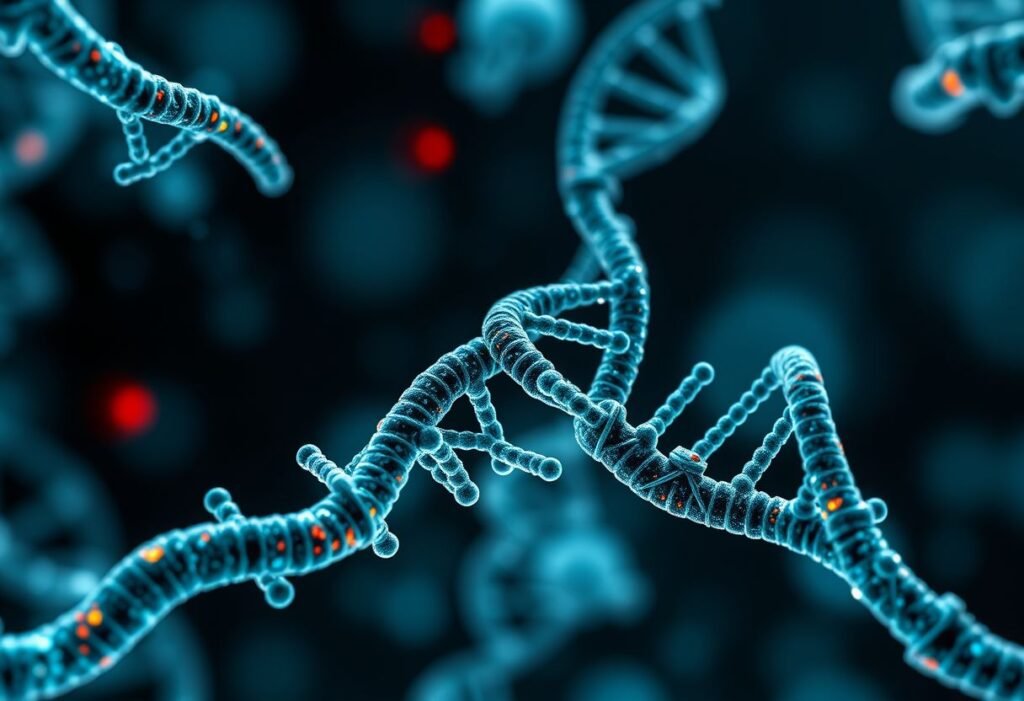Gene editing has emerged as one of the most revolutionary innovations in biotechnology, raising numerous ethical considerations that society must address. The potential to alter genetic material offers opportunities for medical advancements, agricultural improvements, and even ecological restoration. However, this power also brings forth serious ethical dilemmas that warrant careful examination. In this article, we explore the ethical implications of gene editing in the context of innovation and its impact on our future.
The Promise of Gene Editing
Gene editing technologies, particularly CRISPR-Cas9, have revolutionized the landscape of genomic research. By allowing precise modifications to DNA, researchers can correct genetic defects, enhance crop resilience, and develop treatments for previously incurable diseases. This technological breakthrough holds immense promise for advancing human health and agricultural productivity, potentially improving the quality of life for millions. However, while the benefits are significant, it is crucial to consider who controls this technology and how it might be used ethically. Issues surrounding patenting, accessibility, and the potential for misuse must be at the forefront of any discussion regarding gene editing innovations.
The Risks of Genetic Discrimination
As gene editing becomes more accessible, the risk of genetic discrimination poses a significant ethical challenge. The prospect of modifying genes to enhance physical or cognitive traits may inadvertently create a society divided between those who can afford such enhancements and those who cannot. This disparity could lead to a new form of discrimination based on genetic characteristics. Further, individuals might face pressure to ‘optimize’ their genetics in ways that align with societal norms, undermining the value of diversity. Recognizing these risks is essential to ensure that gene editing serves humanity as a whole rather than creating further inequalities.
Concerns About Ecological Balance
Gene editing in agriculture brings about another layer of ethical considerations, particularly regarding ecological balance. While creating genetically modified organisms (GMOs) can enhance crop yields and resistance to pests, there remains concern about their long-term impact on ecosystems. The release of edited organisms could disrupt existing ecological relationships, leading to unintended consequences such as species elimination or the disruption of food webs. Ethical stewardship in employing gene editing technologies is crucial to ensure that innovation does not come at the cost of ecological integrity.
The Morality of Designer Organisms
The concept of ‘designer organisms’ raises profound ethical questions regarding the limits of human intervention in nature. As gene editing enables modifications not just for health but for aesthetic or intellectual traits, it invites debates about the desirability and morality of such enhancements. Are humans overstepping their boundaries by altering life in ways not previously possible? The prospect of genetically engineered pets or ‘superhumans’ challenges our understanding of nature, identity, and the ethics of modification. Robust discussions are essential to navigate these uncharted waters ethically.
Regulatory Framework and Public Involvement
Establishing a robust regulatory framework is imperative in guiding the ethical use of gene editing technologies. Policymakers must strike a delicate balance between fostering innovation and protecting society from potential abuses. Public engagement and transparency in the regulatory process are crucial in shaping policies that reflect societal values and ethical norms. Open discussions, community input, and diverse stakeholder involvement can help ensure that the future of gene editing aligns with the common good and ethical oversight.
The Future of Innovation and Ethics
As we look to the future, the relationship between innovation and ethics will remain a critical area of focus in gene editing. With its rapid evolution, society must evolve alongside it to address the accompanying ethical dilemmas. Continuous dialogue, education, and a commitment to ethical principles will be necessary to navigate this complex terrain. Emphasizing the importance of ethics in innovation can lead to practices that not only embrace progress but also respect the dignity and value of all living beings. As innovators, scientists, and policymakers work together, fostering an ethical approach to gene editing will be essential for responsible advancements in biotechnology.
Disclaimer: This article is for informational purposes only and does not constitute legal or ethical advice.





















